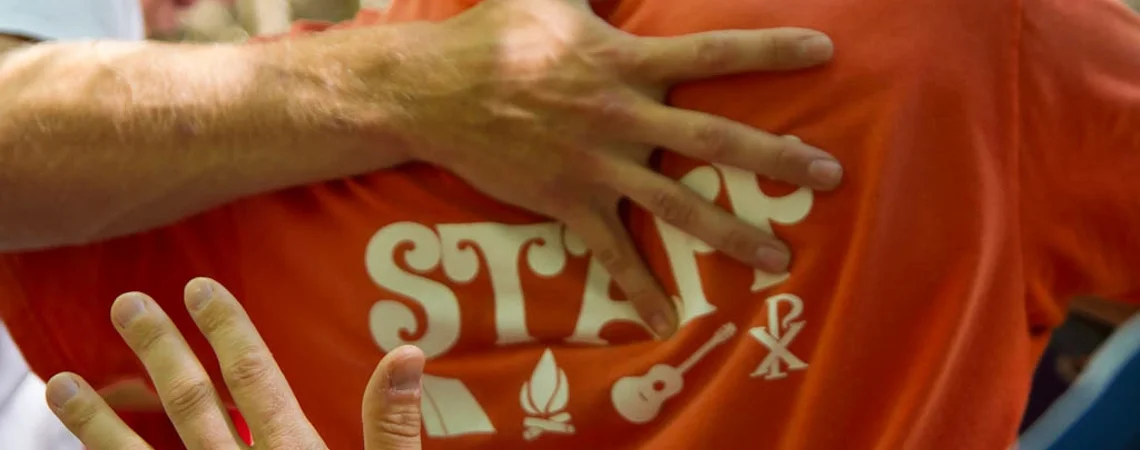Our veteran campers talk often about “campsickness”—the nagging, tear-welling feeling of distance from our little camp. And though it’s not a perfect corollary to homesickness, there is a certain truth behind campsickness: you feel a part of something at camp and that real sense of belonging rarely exists anywhere else in the world.
Today marks the end of my trip. I have found my way back to sunny California to begin writing my thesis about all I’ve learned this summer. It is a task that looms large in my head. How can one explain the root of campsickness? How can one even begin to describe and give meaning to an experience so emotional charged and so total? At Geneva Glen, our directors often dispense a piece of advice on the last day of camp: “when your parents ask ‘how was camp?’ you just have to say ‘it was everything.’” How do you write about everything?
And so, going into it, I know that whatever the final product born from this summer is, it will be partial. It must be partial. And that’s okay because I know it will also be totally saturated with the memories of a summer devoted to summer camp. For, all things told, the experience of the last fourteen weeks has been everything.
I saw twenty camps in about as many days. I heard about camp traditions so complicated they required diagrams to be explained. I saw buildings put up without a single nail. I saw a ropes course that ended with a one hundred-foot-high porch swing. I saw new dining halls that looked to be built to actually house the entirety of a camp, and I saw old dining halls that packed campers like happy sardines.
I saw waterfront sunsets in Vermont rivaled only by those on the islands off of Washington’s coast. I saw a camp dog give birth to puppies. I got to take a personal kayak around a camp in Maine. I got to travel by a ferry and a motorboat to reach a remote, islanded camp. I drove 6,800 miles. I slept in my car. I saw parts of this country I think rare few people ever get to see. And then I counseled for ten weeks, and fell back in love with my job.
But most of all, I got the chance to talk to and work with numerous directors, administrators, and counselors all whole-heartedly devoted to the task of childcare. I saw people who talk about curating a child’s sense of independence with real reverence—the type of people who understand friendship as wholly sacred. I met people who actually listen and care about the stories, fears, and dreams of children.
So, yes, I too am campsick. How could I not be?
The front gate to my long-time camp, Geneva Glen, pictured in the winter.





